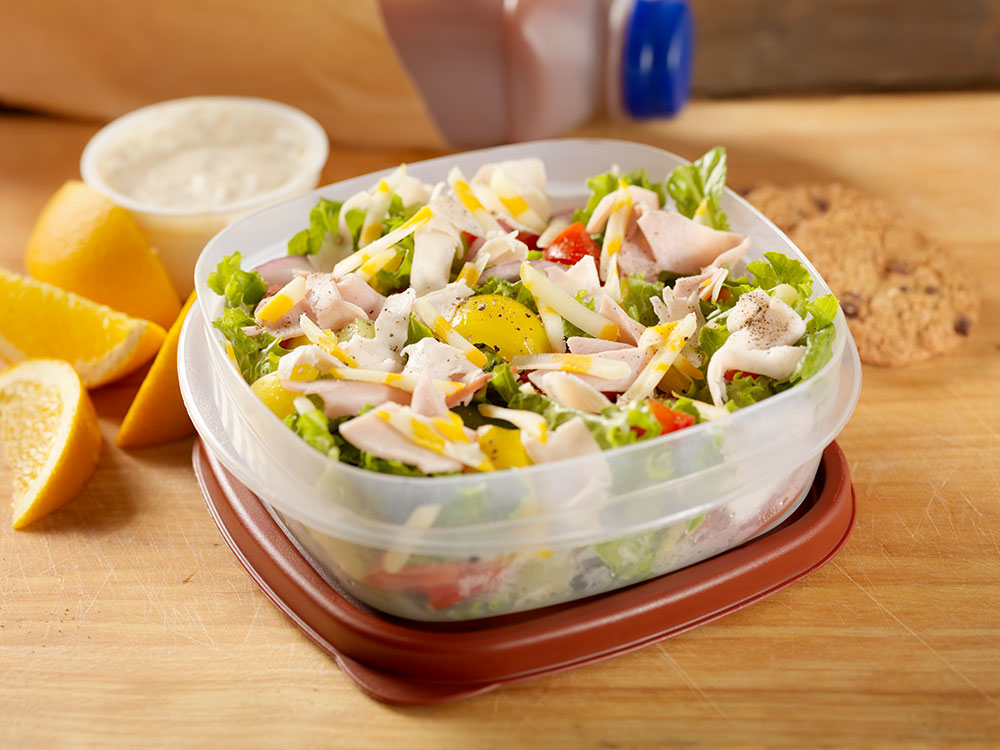Tips for budgeting during a recession
When it comes to your finances, the best thing you can do is be prepared. No matter how well you think you are doing, unexpected bills can still crop up. This winter, the UK cost-of-living crisis is set to worsen, with energy bills expected to rise as high as £4,200.
With the possibility of recession, budgeting and preparing for economic downturn now is important for keeping financially secure in the darker months, as we ride out the recession period into next year.
Here are some simple ways to help you budget during a recession:
Cut back on non-essentials.

There are lots of things that we might consider essential when things are good, but when tightening the belt, aren’t really necessary.
Cutting back on the streaming services or finally looking at downgrading your phone contract (do you really need unlimited data?) There are always some hidden costs you may have missed, which is why it’s important to regularly review your monthly budget. If there are non-essentials that feel essential to you, try and look for cheaper options, maybe that’s switching your gym membership to somewhere cheaper, or switching that special bottle of red on the weekend for a cheaper plonk.
Finding a balance on where to cut, and defining what is essential to you, is a good way to ensure you’re sticking to any financial changes.
Capitalise on some hidden money

If you have any assets that can be sold off — such as antiques or jewellery — Now is the time to see what they’re worth. You’d be surprised how much joy your dust collectors will bring to in new hands. Maybe your old watch could find a new home on Facebook Marketplace, or your old games console might still have some life (money) left in it. If you’re lucky enough (or smart enough) to have some assets that have appreciated in value, Pokémon card collectors I’m looking at you, this might be a good time to sell them off and start to bolster the savings account while clearing out your storage space.
Start saving now

Though the first half of 2022 hasn’t been easy, recent headlines make it clear that the winter months are going to be tough on household budgets this year. As we head into Autumn it’s important to start putting aside some extra cash when possible.
The best way to do this is by setting up automatic deposits into an investment account. That way, once the recession is over and interest rates start rising again, you’ll have built up enough savings to ride out the next downturn.
Obviously, this won’t work for everyone – especially those who don’t have any extra cash lying around, or who don’t earn enough to make regular deposits into an investment account. If you do have extra cash, or can find ways to earn more, invest that money as soon as possible so that it can grow in value over time, without getting eaten up by inflation or taxes during the next recessionary period.
Be prepared for change. There’s no telling how long this recession will last or where our finances will be once it ends.
Cut down the weekly shop

Find out how much you have spent on groceries for the past few months and then make a list of everything you buy each month. This will help you figure out what you spend on food each week and how much money you will need to set aside for your grocery expenses each month. It’s important that you have enough money at the end of each month for groceries, but it’s also important not to overspend on them, leaving no money for other things like gas bills or rent payments.
If you’re trying to cut back on your spending, look around for quick wins. For example, instead of buying coffee every day at Starbucks or Costa Coffee, you could make your own at home. Meal prepping and bulk buying are also great ways to get full control of your grocery spend, while also cutting some costs in the process. These simple shopping habits are easy to get into and once they become part of your routine, you’ll see your monthly spend coming down as a result.
Make extra cash in your spare time.

With the introduction of E-commerce and online stores, it’s easier then ever to turn your creations or hobby into a small business. Many have taken to starting an online business or monetizing their hobbies creating Ecommerce or selling through independent sites like Etsy or offering their services on Fiver. You’d be surprised how easily your hobby or skills can be used to make some extra cash.
If your money troubles are becoming serious, it’s important to get expert help and speak up as soon as possible. Getting ahead of your debts can be the difference between fixing your finances and further debt troubles.




